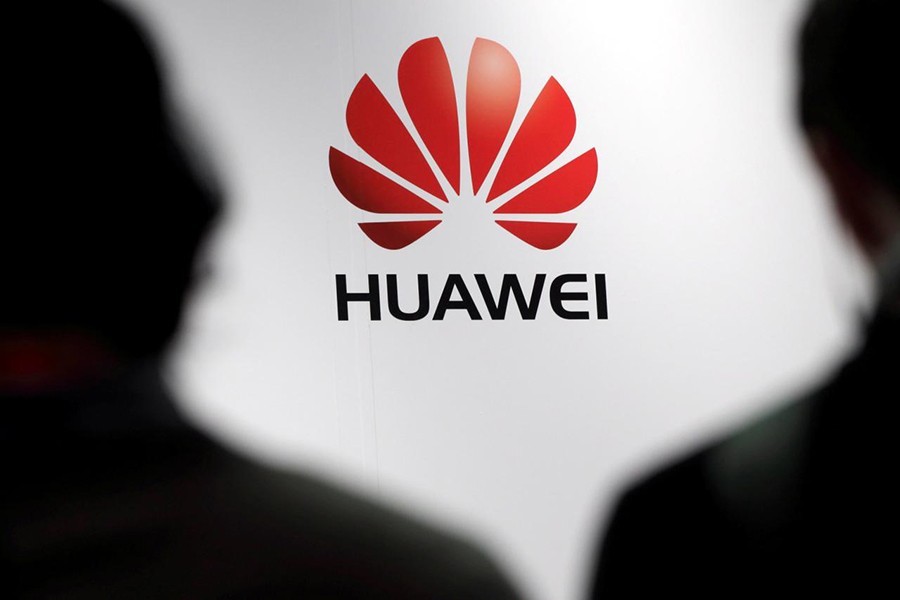Huawei is "willing to sign no-spy agreements with governments" including the UK, its chairman Liang Hua said.
It follows concerns from some countries that China could use products made by the telecoms firm for surveillance.
The Chinese company has denied that its work poses any risks of espionage or sabotage.
Huawei has also said it is independent from the Chinese government, but some countries have blocked it from their 5G networks on national security grounds.
A recent report suggested the UK could allow Huawei's telecoms equipment to be part of the country's 5G networks, with some limitations.
"We are willing to sign no-spy agreements with governments, including the UK government, to commit ourselves to making our equipment meet the no-spy, no-backdoors standard," Liang Hua said via an interpreter at a business conference in London on Tuesday.
Huawei is the world's largest maker of telecoms equipment. It faces a growing backlash from Western countries on concerns over the security of its products used in next-generation 5G mobile networks, reports the BBC.
Australia and New Zealand have both blocked the use of Huawei gear in their 5G mobile networks.
The US has restricted federal agencies from using Huawei products and has put pressure on allies to shun them.
On Wednesday, Reuters reported the US was likely to tighten restrictions on Huawei with President Donald Trump expected to sign an executive order this week barring US companies from using telecoms equipment made by firms that pose a national security risk.
The move would come at a time when US-China tensions are already on the rise.
The US more than doubled tariffs on $200bn (£154.9bn) of Chinese goods on Friday and China retaliated with its own tariff hikes on US products.
This escalated a damaging trade war which only recently seemed to be nearing a conclusion.


